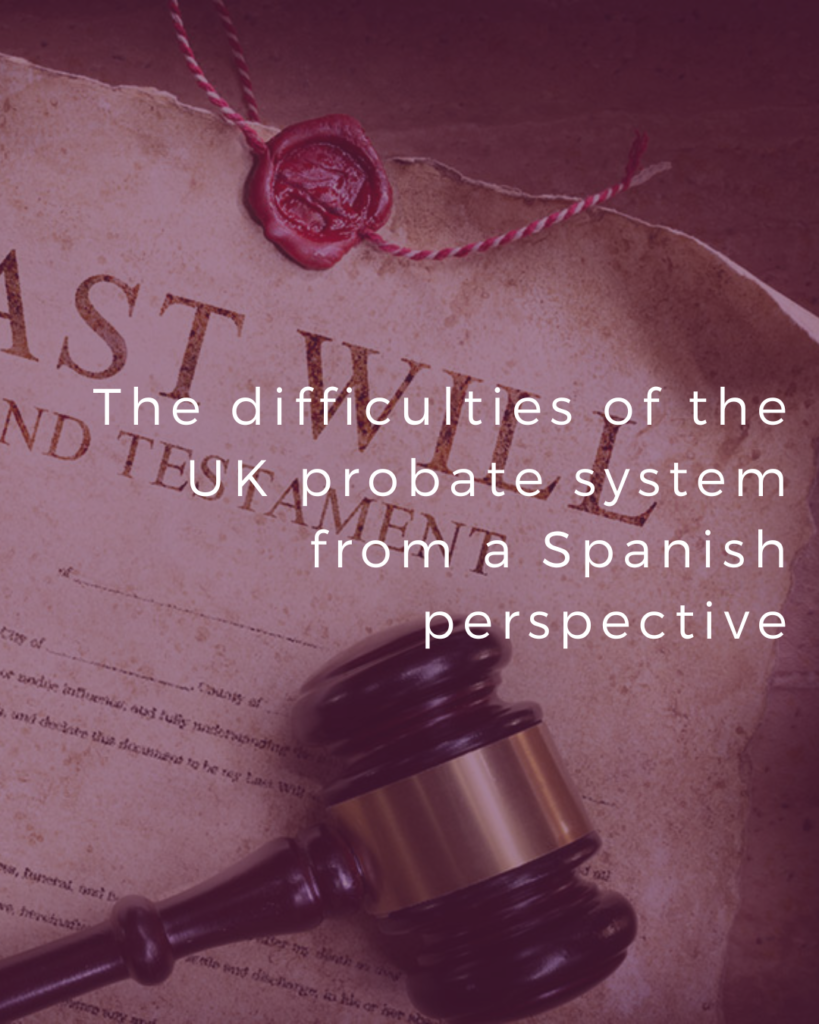Gibraltar: the Brexit’s territorial problem
Gibraltar advocates a distinctive agreement for the Rock and other British territories in the negotiations regarding Britain’s exit from the EU.
Gibraltar’s Chief Minister, Fabian Picardo, advocated in the British TV Channel “BBC” that the upcoming negotiations between London and Brussels to negotiate Britain’s exit from the EU should consider a different agreement for the Rock.
In the last June 23rd’s referendum, the result in Gibraltar was 96% in favor of ‘Remain’. Gibraltar’s people’s decision has been vindicated by Picardo during negotiations with Brussels.
Gibraltar’s status is a very important economic and geostrategic issue that the UK and the European Union must solve when Theresa May’s government will trigger the EUT’s Article 50 in 2017; which has been exacerbated by the contentious hold with Spain for this territory since the 18th century.
Gibraltarian authorities advocate a future post-Brexit European Union, where the Rock will maintain both the access to the common market and free movement of workers. Picardo highlights that every day around 10.000 Spanish workers are crossing the border and he highlights this traffic’s importance both for Gibraltar’s economy and the neighboring Spanish share of “Campo de Gibraltar”.
Thus, in the negotiations on t Britain’s exit from the EU, Gibraltar is assuming the trilateral thesis and the vindication of a distinctive agreement with regard to the metropolis (without that would mean rejecting the British sovereignty); negotiations called by them as binary.
This kind of agreement would bear in mind, regarding Picardo, the different British industrial sectors’ necessities affected by Brexit as well as various United Kingdom’s territories because both Scotland and Northern Ireland also voted in favour of ‘Remain’.
Finally, Gibraltar’s Chief Minister, bets for holding a second referendum on Brexit, not to revoke what was voted in the first one but to ask the citizens for the kind of relations to maintain with the EU once Brexit happens: The United Kingdom’s unitary exit or an exit that considers the country’s differences.
At Del Canto Chambers we are specialized in tax and trade law and we can be contacted at clerk@delcantochambers.com
Del Canto Chambers’ Editorial Board






